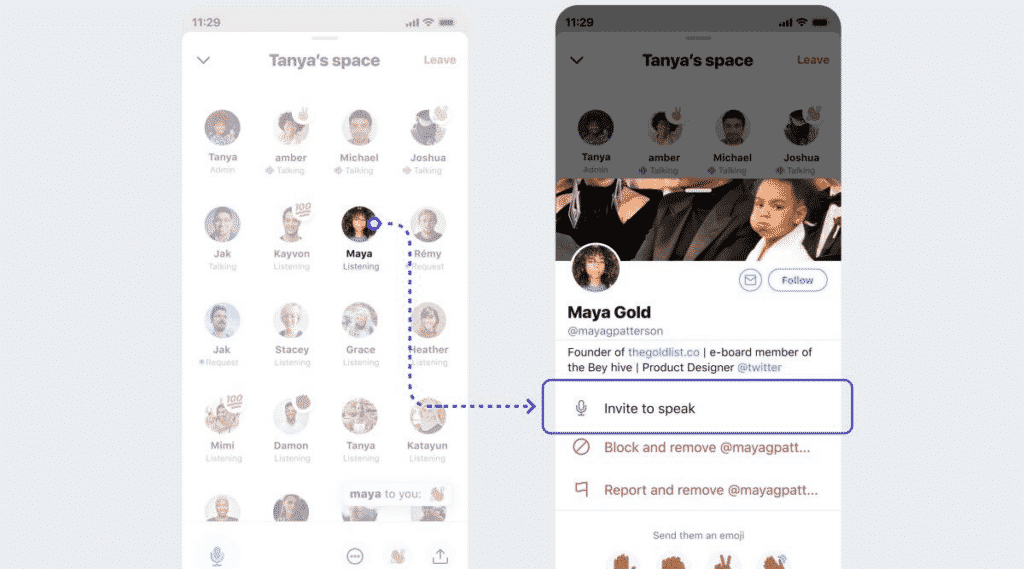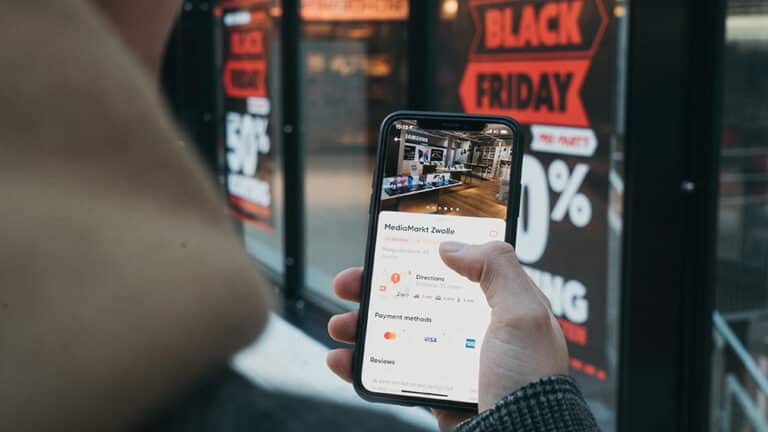The audio format has grown considerably since Clubhouse launched its app in March 2020. The platform took the world by storm and the reason is based on the human factor – we want to find new ways to get human contact with other people. Other social media platforms such as Facebook, Twitter and LinkedIn have seen the potential of the growing format and at this time, they are working hard to identify their place in the market by developing competing audio formats.
LinkedIn is working on an audio-based feature after users have shown interest in a new format for creating community with other people in the network, as meaningful and rewarding discussions and conversations are central to the platform. The users’ own professional identity will be linked to the tool, which makes LinkedIn believe that the function can become an even stronger tool for marketing.
“We’re seeing nearly 50% growth in conversations on LinkedIn reflected in stories, video shares, and posts on the platform. We’re doing some early tests to create a unique audio experience connected to your professional identity. And we’re looking at how we can bring audio to other parts of LinkedIn such as events and groups, to give our members even more ways to connect to their community,” Suzi Owens said, a spokesperson for LinkedIn.
Facebook also hooks on to see how the audio format can perform and secretly launches the audio app “Hotline” with selected users to create events during a trial period – however, anyone can participate. The app is only audio, however, you can choose to turn on video in the settings. The hotline is similar to the Clubhouse, but with a different touch because the participants can be involved from the beginning and ask questions directly, to then rank the questions and get them answered in a desired order. In addition, there is an emoji feature where users can respond using an emoji in the conversation.
Facebook claims that this test period is to help the platform’s team to better understand users:
“With Hotline, we’re hoping to understand how interactive, live multimedia Q&As can help people learn from experts in areas like professional skills, just as it helps those experts build their businesses. New Product Experimentation has been testing multimedia products like CatchUp, Venue, Collab, and Bars, and we’re encouraged to see the formats continue to help people connect and build community.” Facebook says

Twitter has launched “Spaces” on the market as a competitor to Clubhouse and also includes android users who can participate and talk in the feature. Twitter has a trial period to create “spaces” for android users, which is an equivalent to the rooms that Clubhouse has. Clubhouse has so far only launched the app for iOS, which means that Spaces can grow among Android users.
Recently, Twitter was in talks with Clubhouse about acquiring the platform. The companies discussed a business value of $ 4 billion for Clubhouse. However, they did not move forward according to Bloomberg and Twitter is thus investing in Spaces.
Summary.
Clubhouse has been the leading audio app on the market for a while. The question we ask ourselves is whether the app will continue to be so when Facebook, Twitter and LinkedIn’s new features become established. Looking back at Meerkat – an earlier platform for live streaming that Facebook was interested in when it first came out, but where they then instead chose to develop their own features, made Meerkat disappear. This also happened with Periscope, which was taken over by Twitter, then the platform chose to develop its own live streaming feature and made Periscope have to shut down.
Hope you enjoyed the article. Don’t forget to subscribe to our newsletter!





